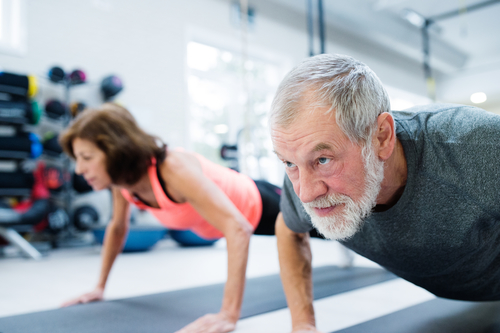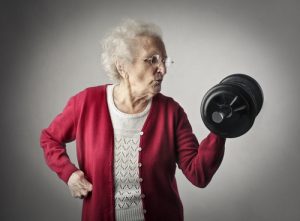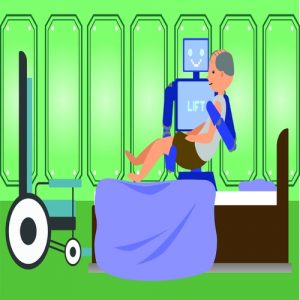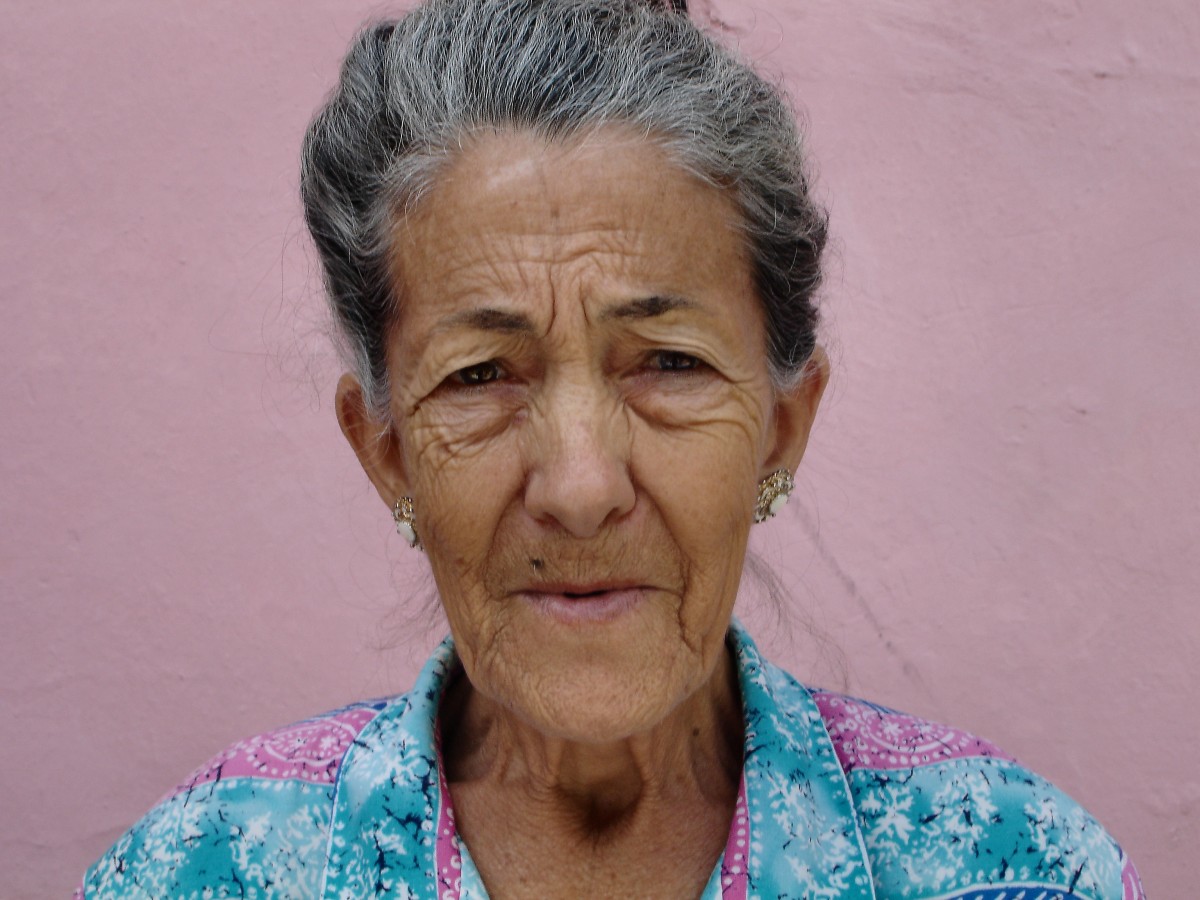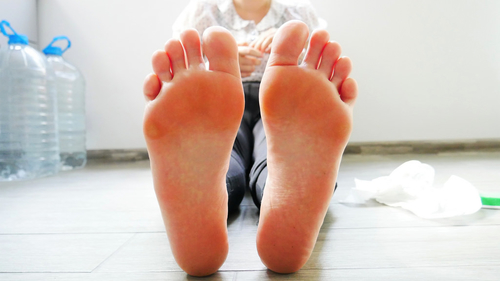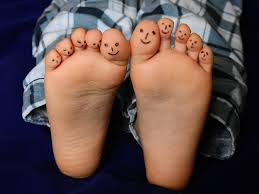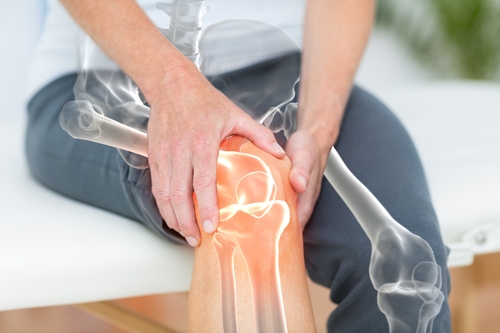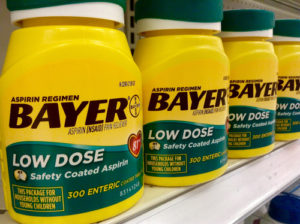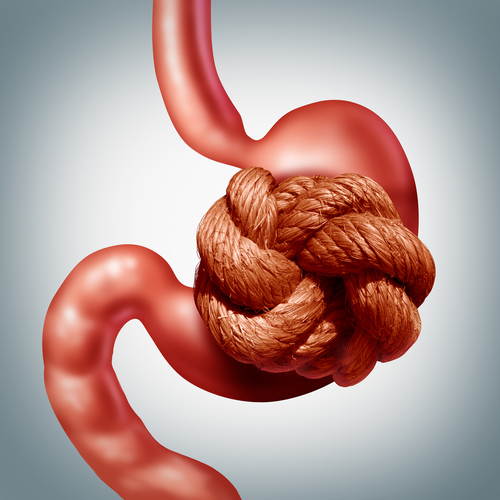
Did you know that constipation in the elderly happens 5 times more than with younger adults? There are a few reasons why this happens. If not taken care of, it can cause a lot of pain. If you notice your senior is having stomach problems, this could be the cause.
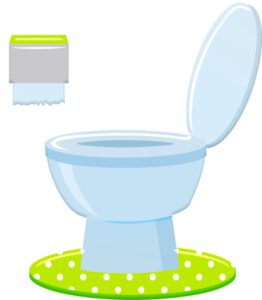
Cause of Constipation in the Elderly
A few big reasons for constipation are a bad diet, not drinking enough, and some medications.
Eating gets more difficult as you get older. Especially, with single or widowed older people. It can just take up too much energy. They will eat food that’s easier to eat and is low in fiber. Loss of teeth is another issue with eating for many seniors. They will often it soft, processed foods that have little to no fiber. Fiber is what keeps your bowels moving.
On top of constipation, lack of drinking liquids can cause urinary incontinence and stress incontinence. If seniors don’t eat, they don’t get fluids that way either.
Fluids are important because it softens stools to make them easier to pass.
Lack of exercise is another big factor. Many seniors could be on bed rest or bedridden and that means they don’t get up and move around.
Some antidepressants, antacids that have aluminum or calcium, antihistamines, diuretics, and anti-Parkinsonism drugs can cause constipation.
Common Types of Constipation in the Elderly
There are a few different types of constipation. Depending on the type some solutions will be better than others.
Normal Transit Constipation
This is the most common. This means that stool is going through the colon normally, but patients still have a hard time going to the bathroom. This can also be known as Irritable Bowel Syndrome (IBS). The difference between the two is that IBS causes abdominal pain.
Low-Transit Constipation
This is seen more in women. There is little bowel movements, no urgency, or fighting to pass stool. This means that the colon is moving slowly.
Pelvic Floor Dysfunction
This is a problem with the muscles in your pelvic floor or around the anus. People who have this have a hard time coordinating these muscles when going to the bathroom. The colon is also slow with this problem too.
How to Diagnosis Constipation
You start with looking at the history of the person who has it and get them looked at by the doctor. They will look at medications, lifestyle, and diet to see if someone is truly constipated. Going to the doctors is important because it might not just be constipation. It could be colon or rectal cancer.
Other causes are:
- Heart diseases
- Diabetes mellitus
- Under active thyroid
- Increased blood calcium
- Low blood potassium
- Increased blood magnesium
- Overactive parathyroid glands
- Dermatomyostitis
- Systemic sclerosis
- Autonomic neuropathy
- Parkinson’s disease
- Spinal cord lesions
- Dementia
- Depression
- Anal Fissure
- Diverticular disease
- Strictures
- IBS
- Rectal prolapsed
- Volvulus
- Megacolon
Read more about this here.


